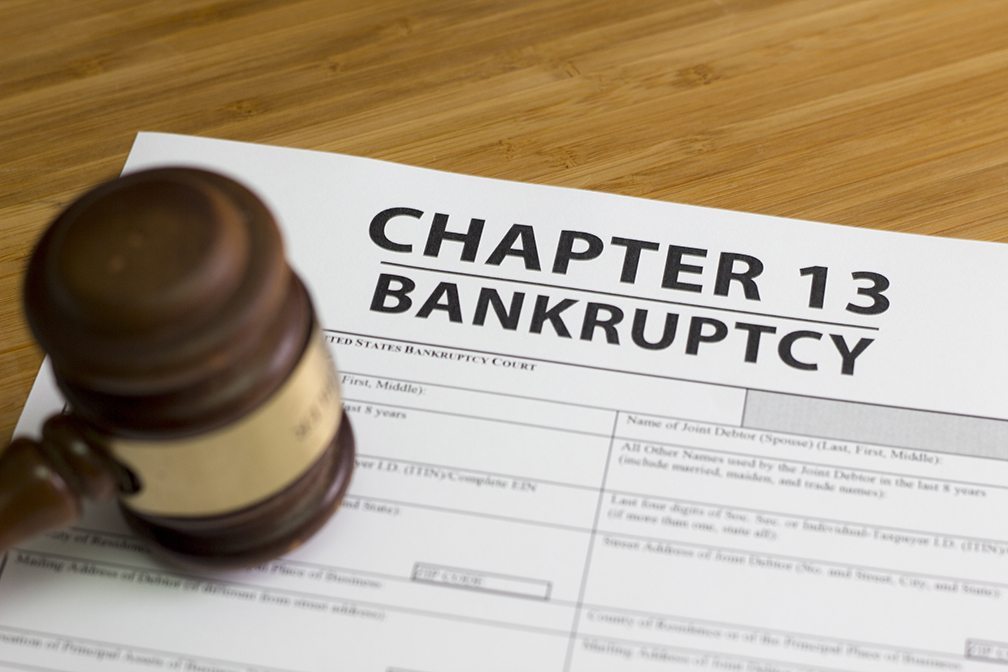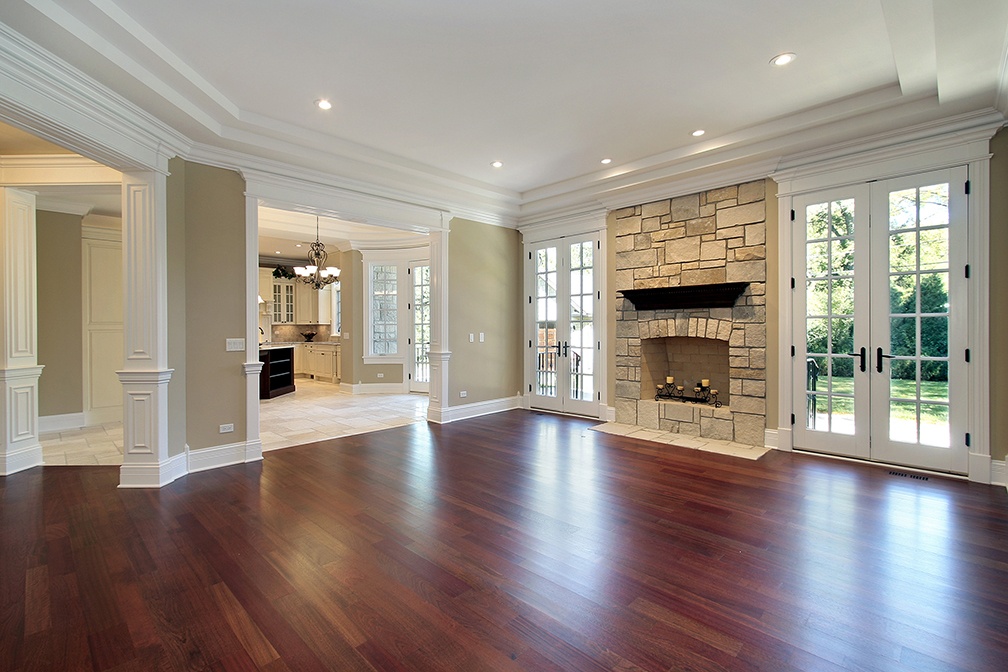What’s Ahead For Mortgage Rates This Week – October 9, 2017
 Fixed mortgage rates rose by two basis points last week as the average rate for a 5/1 adjustable rate mortgage dropped by two basis points. Construction spending returned to positive territory, but job growth dropped in public and private sectors. National unemployment was lower.
Fixed mortgage rates rose by two basis points last week as the average rate for a 5/1 adjustable rate mortgage dropped by two basis points. Construction spending returned to positive territory, but job growth dropped in public and private sectors. National unemployment was lower.
Construction Spending Rises in August
Builders increased construction spending in August after July’s reading dipped lower than June’s reading. Construction spending rose by 0.50 percent in August, which exceeded expectations of a 0.40 percent increase and July’s reading of -1.20 percent. Higher construction spending in August was driven by higher spending on public sector building projects.
Analysts said that public building projects rose by 0.70 percent, which was boosted by a 3.50 percent increase in building educational facilities. This is a good sign for construction spending as educational renovation and new construction had stagnated for a few years. Construction of new schools could have a positive impact on home sales as schools are typically a major consideration for families with school-age children.
Damage caused by Hurricanes Harvey and Irma has not yet impacted construction spending.
Mortgage Rates Mixed, New Jobless Claims Fall
Freddie Mac reported higher average fixed mortgage rates last week. The average rate for a 30-year fixed rate mortgage rose two basis points to 3.85 percent; the average rate for a 15-year fixed rate mortgage was also two basis points higher at 3.15 percent. The average rate for a 5/1 adjustable rate mortgage dropped by two basis points to an average of 3.18 percent.
First-time jobless claims were lower by 12,000 claims at 260,000 new claims filed. Analysts had expected 265,000 new jobless claims based on the prior week’s reading of 272,000 new claims.
Private and Public–Sector Job Growth Lower in September
ADP payrolls for private-sector jobs fell to 135,000 new jobs from August’s reading of 228,000 new jobs. The federal Non-Farm Payrolls report, which includes public and private sector jobs, dropped by 33,000 jobs as compared to the August reading of 169,000 jobs Analysts had expected 75,000 new jobs in September.
The national unemployment rate fell to 4.20 percent in September from 4.40 percent in August. This suggests that slower growth in payrolls has not led to more layoffs.
What‘s Ahead
This week’s scheduled economic news includes readings on inflation, core inflation and mortgage rates. Weekly jobless claims and retail sales data will also be released.

 While it is sometimes the best option to get your finances repaired, the bankruptcy and following discharge period can be tough. However, while it may delay things for a couple of years, the good news is that even a bankruptcy won’t stop you from borrowing a mortgage to buy a home. In today’s article, we will share some insight into how you can get a mortgage loan after going through bankruptcy.
While it is sometimes the best option to get your finances repaired, the bankruptcy and following discharge period can be tough. However, while it may delay things for a couple of years, the good news is that even a bankruptcy won’t stop you from borrowing a mortgage to buy a home. In today’s article, we will share some insight into how you can get a mortgage loan after going through bankruptcy. Are you tired of scouring the internet, trying to find the secret recipe for whatever will take stains out of your carpet? And the irritating annual steam cleaning ritual where your whole home is soaking wet for a couple of days? Ugh. If your old carpet has you down, it might be time for a change. In today’s blog post we’ll share five great reasons why you’ll want to make the switch from carpet to hardwood floors.
Are you tired of scouring the internet, trying to find the secret recipe for whatever will take stains out of your carpet? And the irritating annual steam cleaning ritual where your whole home is soaking wet for a couple of days? Ugh. If your old carpet has you down, it might be time for a change. In today’s blog post we’ll share five great reasons why you’ll want to make the switch from carpet to hardwood floors.